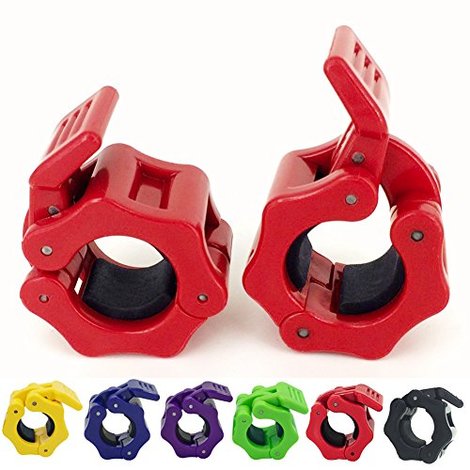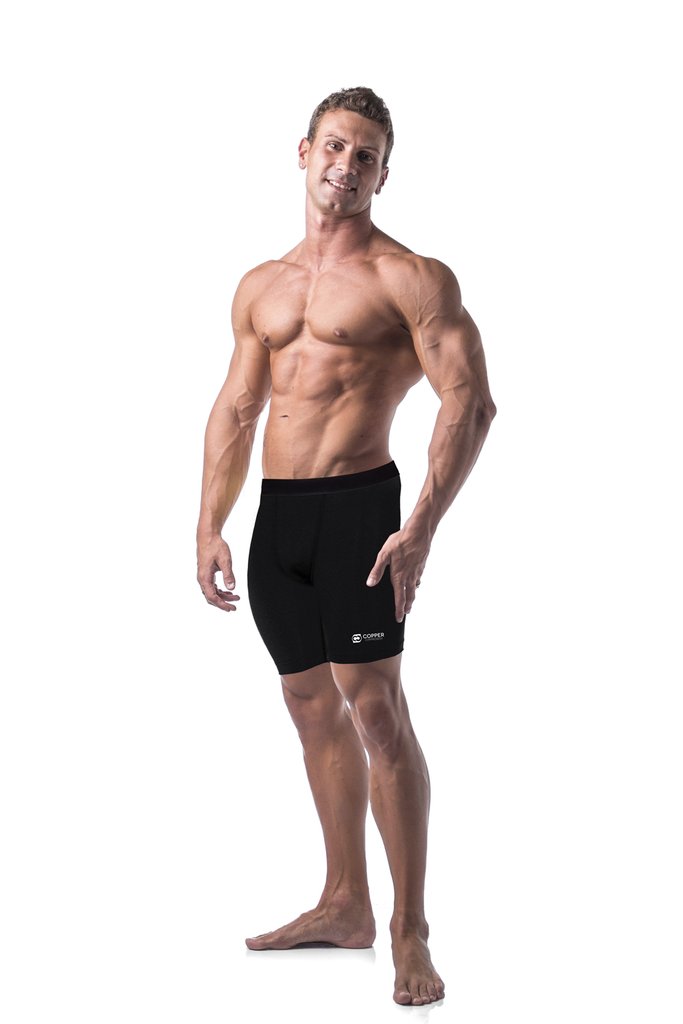Why Do My Teeth Hurt When I Run?
Do your teeth hurt while running sometimes? Do you think it’s all in your head? Actually, it probably isn’t your imagination. Once you figure out the underlying cause, you may be able to fix the problem!
Overview
While you’re putting all that effort into taking care of your body, you may actually be doing more harm to your teeth than you realize.
Researchers have identified a definite link between heavy training and dental problems, meaning that the answer to the question is running harming your teeth is affirmative. Fortunately, there are steps you can take to minimize negative affects on your teeth. We’re about to cover these as well as some extra precautions to take if you’re wearing braces or have just had dental surgery.
But first, let’s start with the positives.
Positive effects of exercising on oral health
Although vigorous exercise may damage teeth, it seems that it aids gum health.
Several studies have shown a positive correlation between exercising regularly and healthy gums (absence of periodontitis).
A 2005 study published by the Journal of Periodontology found that people who regularly exercised were 16% less likely to experience periodontitis than those who didn’t. For people who also ate a high-quality diet and maintained a normal weight, that difference rose to 40%.
Another study from the Journal of Dentistry, also published in 2005, found similar results and noted the reduction in gum disease among non-smokers and former smokers who exercised regularly.
People who stayed active and had never smoked were 54% less likely to have periodontitis than non-smokers who were not physically active. For former smokers, the difference was even greater, with regular exercisers 74% less likely to have gum problems. Among smokers, exercise had no apparent effect, the British Dental Journal reported.
How does exercise help prevent gum disease?
Getting regular exercise, eating well, and maintaining a healthy weight all help reduce the risk of diabetes. This disease thickens the blood vessels, slowing the supply of oxygen and nutrients to the gums. It also makes it harder for the body to remove any toxins from the gum tissue.
In addition, diabetes increases blood sugar levels in the body, including in saliva. This, in turn, promotes the growth of unhealthy bacteria on the gums and teeth, meaning that there might be a link between workout harming your teeth.
It seems that physical activity also helps reduce inflammation – another contributor to diseases such as periodontitis.
Negative effects of exercising on oral health
Now for the bad news…
Although your gums might benefit from regular exercise, your teeth may not fare so well.
The Scandinavian Journal of Medicine & Science in Sports published a study in 2014 which found that the longer an athlete trained each week, the more likely they were to have dental caries. Athletes were shown to be at increased risk of enamel erosion compared to people who didn’t exercise.

The study also analyzed athletes as they were training. The results showed that their saliva flow decreased as they reached maximum workload, and it also became more alkaline.
The dentist who led the study, Dr. Cornelia Frese, concluded that “prolonged endurance training might be a risk factor for oral health” and there was a need for preventive measures to be developed against workout harming your teeth. The common issues that many runners experience often are the result of following:
-
Tense Jaw Muscles
Many runners run tense. If you are tense through your shoulders and neck, likely you are also tense through your face and jaw. Generalized pain (rather than pain specific to a certain area), could be caused by this tension. Thinking about relaxing your whole upper body can help to remedy this.
Think that sounds easier said than done? One trick is to actually lower your arms, roll your neck and shake out your arms. This relaxation trick can also help you to relax your jaw. You could just need new shoes. Believe it or not, if the shock absorbers in your shoes are broken down it can equate to all kinds of pain, including your teeth!
-
Teeth Grinding
Some people grind their teeth while sleeping and aren’t surprised to hear that, but did you know that many actually grind while exercising? Sure you could wear a mouth guard, but to use one for running might seem like overkill. For the average person, simply being cognizant of this is all it takes to alleviate the problem.
-
Cold Air
If you have sensitive teeth, running in the winter can cause discomfort if you are a mouth breather. Think about it. Does ice cream cause you pain? Do you use a toothpaste for sensitive teeth? If these things are true, and your teeth only hurt while running in cold weather, a mouth cover (like a buff or gator) could help prevent pain while running.
-
Underlying Dental Issues
Exercise, specifically the pounding of the pavement caused by running, could cause you to notice an underlying dental issue. Whether it is a cavity, abscess, or just some food caught in your teeth, pain is always trying to tell you something.
Ways to keep teeth healthy while working out
The study mentioned above didn’t draw any conclusive results on the reasons for very active athletes having more carries and enamel erosion. However, there are several things you can do to lessen your risk of workout harming your teeth:
- Hydrate with water, not sports drinks: Many sports and energy drinks boast high levels of electrolytes, which are good for helping you stay hydrated and energized during a workout. However, they also contain high levels of sugars and acid, so can be very harmful to teeth. This effect is exacerbated if you sip on the drink throughout your workout, as your mouth doesn’t have a chance to clean itself. Plain water is an excellent way to stay hydrated, and you can add a pinch of unprocessed salt and a squeeze of lemon to improve the taste and electrolyte levels. Coconut water is another tooth-friendly option (as long as it has no additives).
- Try breathing through your nose: To stop your mouth drying out more than it has to, try a nose-breathing technique called the Buteyko Breathing Method. With a little training, you can keep breathing through your nose even when you are at peak exertion.
- Keep your teeth and gums healthy: The last tip is an obvious one, but it’s important to maintain a good oral hygiene routine regardless of how much you exercise. Brush twice a day and floss at least once. Then visit your dentist and hygienist regularly so any potential problems can be identified early, and preventive measures are taken.
Is it safe to exercise while wearing braces?
If you’re considering getting braces to straighten your teeth, you needn’t worry about how it will affect your exercise routine. It’s perfectly okay to continue working out while wearing braces, as a negative answer to the question is workout harming your teeth.
Getting braces fitted doesn’t hurt, although they can be a bit uncomfortable at first. The same goes for the adjustments you’ll need at regular intervals with certain types of braces. Any discomfort you do experience shouldn’t be bad enough to stop you exercising, though.
If you play a contact sport you should already have a mouth guard, but you’ll need to have a new one made to fit around your braces. Boxing, football, and baseball all pose a higher risk of injury when you wear braces. Imagine being hit by a ball or opponent and the metal brace brackets slicing into your mouth tissue – ouch!
If there is any risk at all of a mouth injury while working out, speak to your orthodontist about the best type of mouth guard for you.
Alternatively, you could opt for removable invisible braces instead of traditional metal ones. You’ll have the freedom to remove them for an hour or two while you work out, but even if you keep them in, there is less risk of them injuring your mouth than if you have protruding metal brackets.
Running after dental work
Finally, let’s look at whether it’s safe to hit the gym after you’ve had a filling, crown, or dental surgery.
Your dentist will tell you what to expect after the procedure, but you may want to ask specifically how long you should wait before exercising again. Here are some factors to consider when planning your workouts around a visit to the dentist:
-
Local anesthetic
If you have had a local anesthetic to numb the area around one tooth, this shouldn’t affect your ability to exercise. However, until it has worn off completely (two to four hours) there is a risk you might bite your tongue or lip without realizing it.
-
General anesthetic
For complicated dental procedures such as wisdom tooth extractions, you may be given a general anesthetic, which knocks you out completely. Since the feeling of grogginess can remain in your system for several hours after you wake up, it’s best to avoid exercise for at least the rest of that day. You also shouldn’t drive yourself home.
-
Extractions and crowns
After you have a tooth extracted, a blood clot will form at the extraction site. This is a vital part of the healing process and you’ll need to take extra steps to protect it for 5-7 days. A sudden or jarring movement of the head might be enough to dislodge the clot, which in turn could lead to a very painful condition called ‘dry socket’.
It takes time for your gum to heal following the fitting of a crown, too.
That’s not to say you should completely avoid working out while you heal; just stick to gentle, flowing motions rather than vigorous and jarring exercises. Again, ask your dentist and follow their instructions carefully.
Other precautions
Keep in mind that you may not feel much like exercising in the days after major dental work which isn’t confirming the workout harming your teeth issue. It’s best to listen to your body and not push yourself too hard if you still need time to recover.

If you have been prescribed painkillers to take following surgery, be aware of any potential side effects, including dizziness.
Also, look out for signs of complications or infection. If you experience extreme pain, continued bleeding, or any kind of discharge you should let your dentist know straight away.
Conclusion
Exercising has numerous health benefits but it’s worth being aware of the effect it may have on your teeth.
Minimize your consumption of sugar- and acid-rich sports and energy drinks, and certainly avoid sipping on them throughout your workout. Also, experiment with nose breathing techniques so your mouth doesn’t dry out as much.
If you’re wearing metal braces you’ll need to take extra precautions, and you shouldn’t rush back to the gym after a major dental procedure, and make sure that you know enough about workout harming your teeth. Give your body time to rest and follow your dentist’s guidance for recovery.











